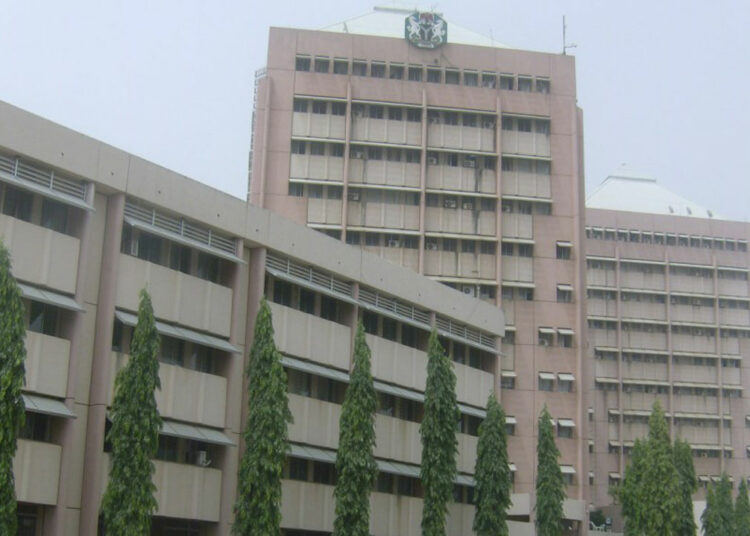The federal government and key social partners yesterday revalidated the World of Work Gender Policy, with renewed commitments to close gender gaps, tackle workplace discrimination and promote equity in the labour sector.
At the event in Abuja, both organised labour, employers’ associations, civil society organisations and development partners including the International Labour Organisation (ILO) and Oxfam agreed that with faithful implementation, the policy would dismantle systemic barriers to women’s participation in the economy, empower vulnerable groups and strengthen national competitiveness.
Declaring the event open, director of the inspectorate department, Federal Ministry of Labour and Employment, Mrs Olaolu Olaitan, said the re-validation was aimed at strengthening provisions in the draft policy to reflect Nigeria’s realities and global standards.
“Today’s meeting is a continuation of our collective journey towards ensuring that the Nigerian workplace is inclusive, equitable, and free from all forms of violence, harassment, and discrimination.
“The National World of Work Gender Policy represents a milestone in our national efforts to mainstream gender into labour administration, inspection and workplace practices. It is not just a policy document; it is a tool that will help shape a more just and productive world of work for both men and women.
“It reaffirms the fact that gender equality in the world of work is not the responsibility of government alone but a shared commitment that requires the active participation of all stakeholders, employers, workers, and civil societies,” she said.
She stressed that gender equality in the world of work must be seen as a shared responsibility.
In her remarks, director of the ILO country office for Nigeria, Ghana, Liberia, Sierra Leone, and Liaison Office for ECOWAS, Vanessa Phala, described the policy as a historic milestone that consolidates Nigeria’s leadership in promoting gender equality at work.
She noted Nigeria’s ratification of ILO Conventions 100, 111, and 190 as proof of its commitment to ending discrimination and harassment at work.
“These commitments place Nigeria at the forefront of the global movement to ensure workplaces free from discrimination, violence, and harassment and to promote equal opportunity for all,” she said.
Also speaking, John Makina, the Country Director of Oxfam in Nigeria, stressed the policy’s importance in transforming workplaces and advancing gender justice.
“The policy we are validating today has the potential to transform Nigeria’s workplaces into spaces that close the gender pay gap, embrace diversity, promote inclusion, and safeguard decent work for all”, Makina said.
He emphasized Oxfam’s commitment to supporting Nigeria’s efforts through advocacy, technical input and collaboration with government and civil society.
Representatives of the Nigeria Employers’ Consultative Association (NECA), the Nigeria Labour Congress (NLC), and the Trade Union Congress (TUC) of Nigeria also reaffirmed their commitment to ensuring the policy translates into practical workplace reforms that will guarantee fairness and productivity.





